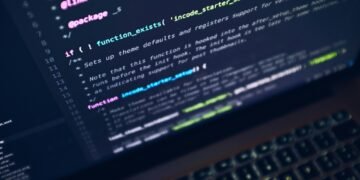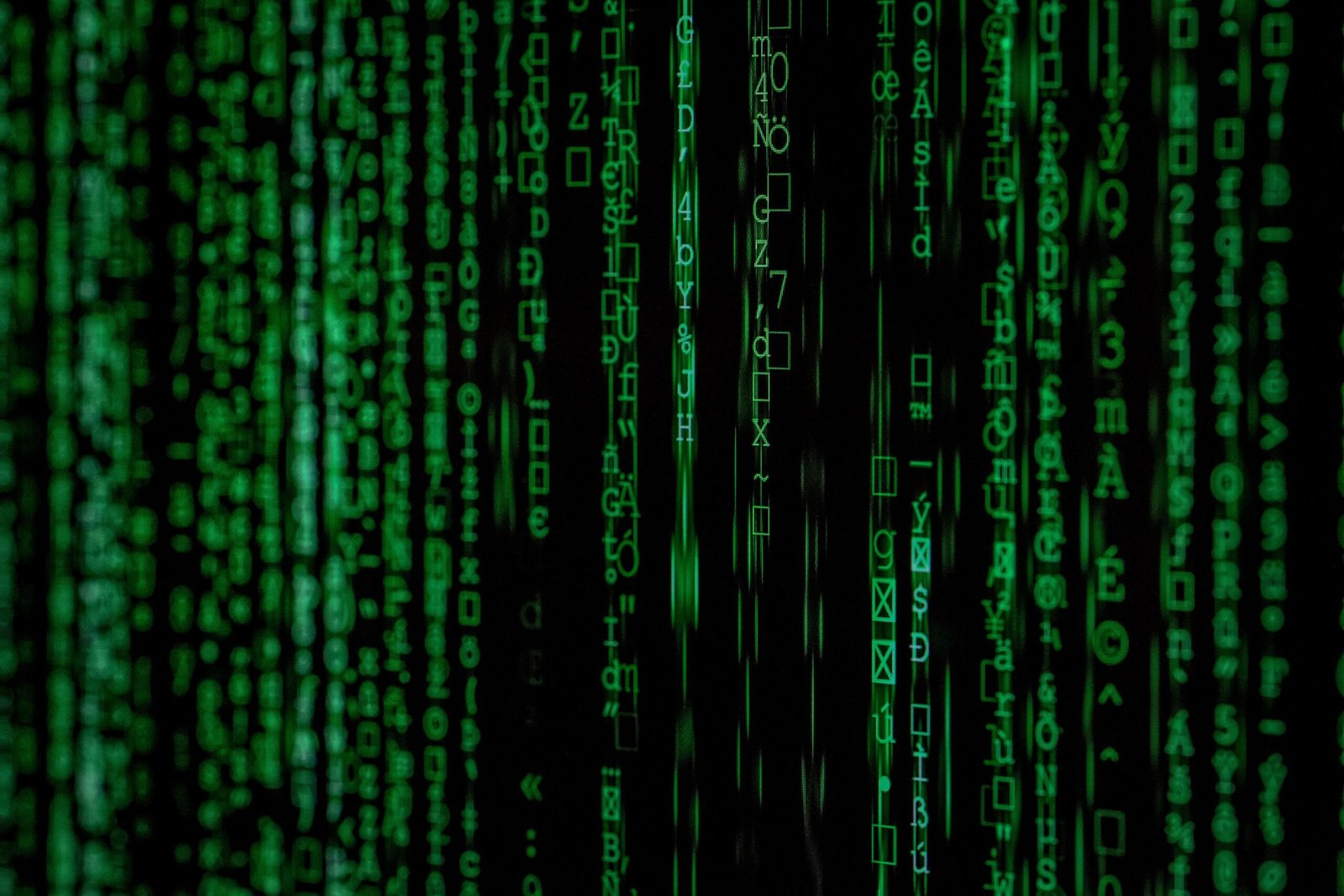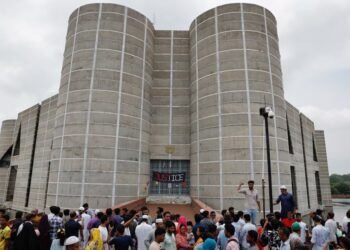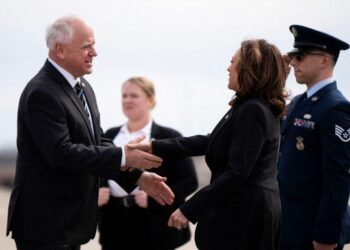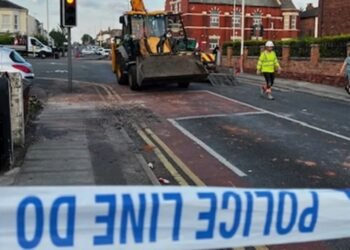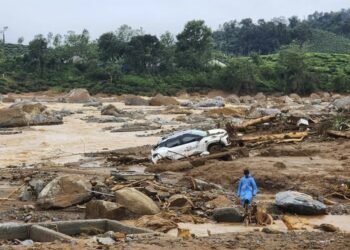Fresh protests have erupted in Caracas, the capital of Venezuela, following the country’s disputed presidential election results, as thousands gathered in the city centre to protest President Nicolas Maduro’s claim of victory.
Many said they would not stop until there was a new government, and some said this would only be achieved if the security forces joined opposition protesters.
However, the military and police have so far remained loyal to Mr Maduro and have fired tear gas and rubber bullets at some protesters.
Local officials say around 750 people have been arrested. Two leading NGOs in the country say several people have died and dozens have been injured.
On Tuesday, Venezuela’s defence minister described the protests as “a coup.”
Surrounded by armed troops, Gen Vladimir Padrino read out a statement saying that President Nicolás Maduro had the “absolute loyalty and unconditional support” of the military.
Venezuela’s attorney general, who is a close ally of Mr. Maduro, said a soldier had been killed in the anti-government protests.
Opposition leader Maria Corina Machado called for protests to be peaceful.

“We must proceed in a peaceful manner. We should not fall for the provocations the government has set us. They want to make Venezuelans face off against each other,” she said.
“Our candidate won 70% of the votes. We united a country, Venezuelans who once believed in Maduro are with us today.”
One anti-government protester, who did not want to be named because he feared repercussions from the security forces, told the BBC they had seen evidence of electoral fraud.
“We are absolutely sure the election was stolen. I worked in an electoral booth. The government is not recognising it, they stopped all the tallies of the vote halfway through the night. They don’t want the world to know that they lost,” they said.
They said that Venezuelans who had been supporters of previous leader Hugo Chavez, known as Chavistas, were now withdrawing their support from Mr Maduro.
“This is a very peaceful protest. This is an upper-class part of Caracas. What we saw yesterday was quite violent. I believe the people who used to be Chavistas are no longer Chavistas,” they said.
“I think people are hoping for a change. Most likely, it will be violent.”


